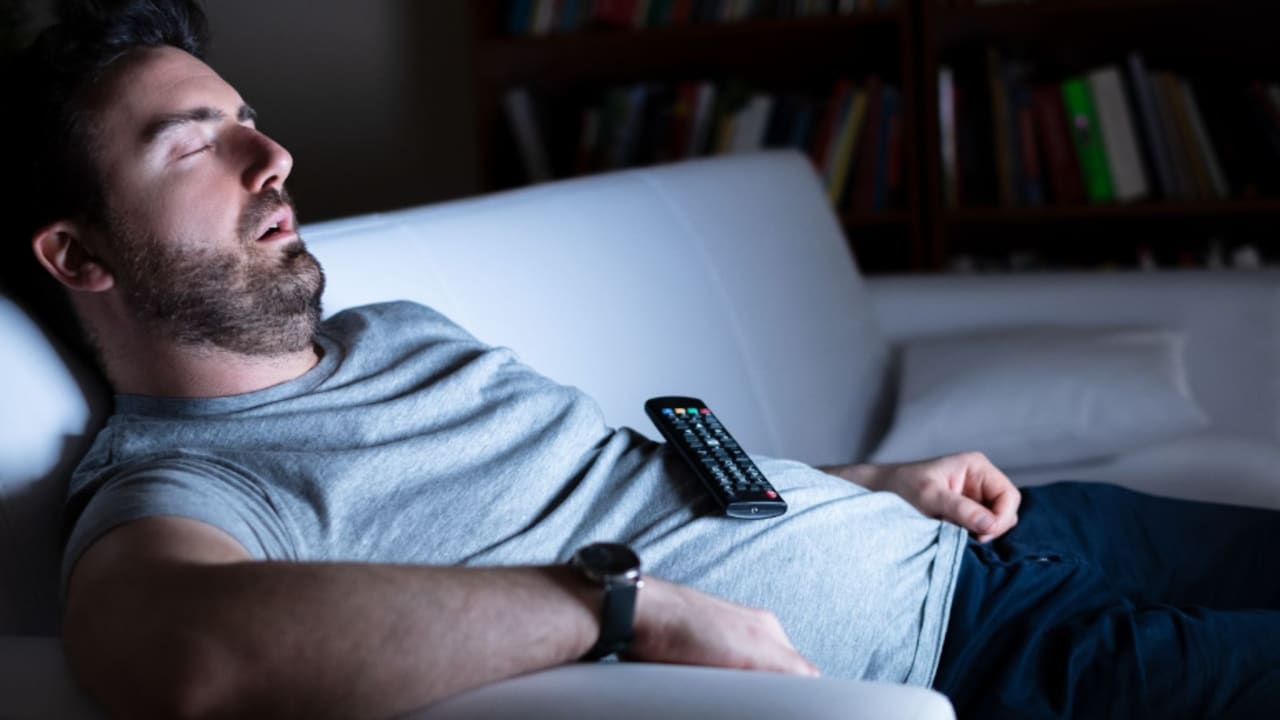ByJERUSALEM POST STAFF
Martínez Madrid warns that even brief exposure to light at night can fragment sleep and increase cardiovascular risks.
Sleeping with the television on may be more detrimental to health than previously understood, according to a recent study from the Department of Neurology at Northwestern University Feinberg School of Medicine in Chicago. Published in The Proceedings of the National Academy of Sciences, the research demonstrated that the television emits a combination of lights and sounds during sleep that affects sleep cycles, leading to alterations in normal patterns.
Falling asleep with the television on is a very common habit among people. However, several scientific and psychological studies warn that the practice can have negative effects on health. Continuous exposure to the light and sound of the television during sleep not only alters sleep quality but also impacts physical and emotional well-being.
Artificial light, whether it comes from the television, a dim lamp, or hallway lighting, has a profound impact on the body's biological clock. This can generate stress in the cardiovascular system, as the body's natural processes are disrupted. During rest, the body is responsible for regulating vital functions such as blood pressure, heart rate, and blood circulation. When these processes are interrupted by the presence of artificial light and sound, it can provoke damage to both physical and mental health.
"Increased stress in the cardiovascular system raises the risk of hypertension, coronary diseases, and strokes," reports Semana. These risks are heightened when the television screen remains on during sleep, interrupting the body's natural restorative processes.
The brain perceives artificial light as if it were natural daylight, which inhibits the production of melatonin, the hormone essential for achieving deep and continuous sleep. The suppression of melatonin disrupts the body's ability to enter restorative sleep phases.
"The circadian system organizes all the rhythms that develop in our body, including the sleep-wake rhythm," explained María José Martínez Madrid, coordinator of the Chronobiology working group of the Spanish Sleep Society, according to a report by Semana.
"Without melatonin, we will not be able to fall asleep, or it will be more superficial, fragmented, and with more awakenings," asserted Martínez Madrid. She further emphasized, "If we turn on the light for a period of five or ten minutes, melatonin is completely eliminated from our body, so our sleep will be very fragmented and it will be very difficult for us to fall back asleep," as reported by Semana.
Even everyday actions, such as turning on the light for a few minutes to go to the bathroom, can affect sleep quality and have negative consequences for sleep. Many people leave a dim lamp or hallway light on, believing it is less harmful, but it can still disrupt sleep. The accumulated effect of these practices can lead to chronic sleep disturbances and associated health issues.

















